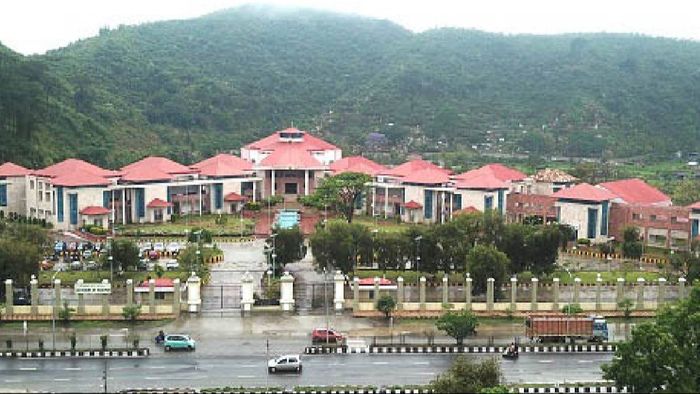Manipur High Court rules against recovery from retiral benefits in landmark judgment
The case revolved around W. Manileima Devi, a former Substitute Assistant Graduate Teacher whose services were extended over the years until her superannuation on October 31, 2019.

- May 06, 2024,
- Updated May 06, 2024, 4:07 PM IST
The Manipur High Court, led by Justice Ahanthem Bimol Singh, delivered a groundbreaking verdict in the case of Smt. W. Manileima Devi vs State of Manipur & Ors., WP(C) No. 532 of 2020. The single-judge bench pronounced that recovery cannot be made from the retiral benefits of an employee occupying a Class-III post on grounds of excess payment, marking a crucial precedent in employment jurisprudence.
The case revolved around W. Manileima Devi, a former Substitute Assistant Graduate Teacher whose services were extended over the years until her superannuation on October 31, 2019. Post-retirement, complications arose in the release of her pension and other retiral benefits due to alleged irregularities in the fixation of her pay scale.
Despite the Office of the Accountant General's letter highlighting irregularities in the pay scale fixation, no rectifications were initiated, leading to a prolonged delay in disbursing the petitioner's entitled benefits. Consequently, Manileima Devi filed a writ petition seeking resolution.
During the legal proceedings, the petitioner argued that any alleged excess payments occurred over 19 years ago and, thus, could not be recovered from her retiral benefits. Conversely, the respondents contended that pending rectifications in the pay scale warranted withholding the petitioner's benefits until resolved.
In its findings, the court emphasized that even if irregularities existed in the petitioner's pay scale, they occurred nearly two decades ago, and she had already superannuated. Citing the precedent set by the Supreme Court in the case of State of Punjab & Ors. Vs. Rafique Masih & Ors., the court reiterated that recoveries from Class III employees or retirees, especially after a significant period, are impermissible in law.
Relying on this precedent, the court concluded that as Manileima Devi held a Class-III post before retirement, recovery from her retiral benefits due to alleged excess payments was untenable. Consequently, the writ petition was disposed of, setting a significant legal precedent for similar cases in the future.
The legal proceedings were represented by Mr. I. Denning for the petitioner and Mr. Th. Vashum & Mr. S. Jasobanta for the respondents.